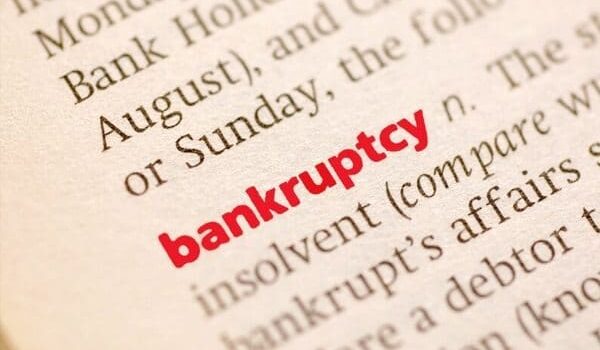
A new study has found that divorce or separation is the reason why 24.4% of Americans declare bankruptcy. Going through a divorce can be painful enough, but adding financial troubles to the situation can feel overwhelming.
Chapter 7 bankruptcy can be one of the best options for individuals or divorcing couples who find themselves in a troubling financial situation, but there are several factors that need to be considered when deciding whether to declare bankruptcy before or after divorce.
Should you file for bankruptcy before or after divorce?
Chapter 7 bankruptcy is a type of liquidation bankruptcy for individuals or couples that is designed to get rid of unsecured debts, such as credit card debt and medical bills. An independent Chapter 7 trustee works on each case to see if there is any available property that is worth selling, which is then used to give money to creditors and disregard any additional debts.
With proper planning, most cases don’t involve people losing their assets or possessions. ‘Chapter 7 bankruptcy’ is an American term that is the same as filing for personal bankruptcy in Canada, professionally known as the Bankruptcy and Insolvency Act of Canada.
Benefits to File Before Divorce
A Chapter 7 bankruptcy is usually discharged after a few months, which means it can be done quickly before a divorce. Couples that are divorcing can file jointly to discharge both of their debts, without having to delay their divorce for long, if at all. One of the perks of filing together is that if property and possessions are owned jointly they may be better protected, but this depends on jurisdiction.
For example, each spouse may receive an exemption of up to $100,000 on their house, so filing together doubles this value and protects up to $200,000. This can result in a better outcome for both spouses. Filing together also means that the cost of filing fees and hiring a lawyer can be split in half, helping to save both spouses some money.
Reasons to File for Bankruptcy After Divorce
The overall household income should be considered when deciding whether to file for bankruptcy before or after divorce. Filing jointly means that a combined income must be used. Income that is too high means failing the Chapter 7 means test, even if the individual amounts are under the threshold, as the limit is not doubled when filing jointly and is often only slightly higher. In this case, it’s usually best to wait for the household to split into separate households and then file after divorce. Speaking with a bankruptcy lawyer is the best way to get personalized advice to determine which will be the best option.
Ultimately, the deciding factor about whether to file for bankruptcy before or after divorce depends on the relationship between the separating couple. Both need to be able to depend on the other to work with attorneys, show up at court, and provide all the necessary information. If the relationship is hostile, then declaring Chapter 7 bankruptcy after divorce will usually be the better option.
Jess Walter is a freelance writer and mother. She loves the freedom that comes with freelance life and the additional time it means she gets to spend with her family and pets.











Add A Comment